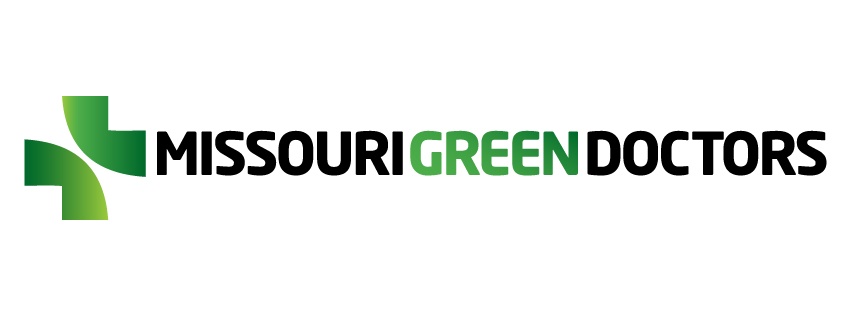Does Traumatic Brain Injury (TBI) qualify for medical marijuana?
In Missouri, Traumatic Brain Injury (TBI) is a qualifying condition for getting a recommendation for certification for a medical marijuana Patient ID card.
A traumatic brain injury, referred to as TBI, occurs when sudden trauma causes damage to the brain. Traumatic brain injury can be caused by any damage that disrupts normal brain function. Mild cases typically result in a concussion, characterized by headaches, neck pain, nausea, ringing in the ears, dizziness, and fatigue.
A study conducted at Tel Aviv University showed cannabinoids administered one to three days after the trauma helped preserve brain cells and long-term cognitive functions. By reducing inflammation and swelling, cannabinoids can prevent secondary damage to the brain and reduce neurological impairment.
“We have previously reported that a single injection of an ultra-low dose of delta-9-tetrahydrocannabinol (THC; the psychoactive ingredient of marijuana) protected the brain from pentylenentetrazole (PTZ)-induced cognitive deficits when applied 1–7 days before or 1–3 days after the insult. In the present study we expanded the protective profile of THC by showing that it protected mice from cognitive deficits that were induced by a variety of other neuronal insults, including pentobarbital-induced deep anesthesia, repeated treatment with 3,4 methylenedioxymethamphetamine (MDMA; “ecstasyâ€) and exposure to carbon monoxide. The protective effect of THC lasted for at least 7 weeks. The same ultra-low dose of THC (0.002 mg/kg, a dose that is 3–4 orders of magnitude lower than the doses that produce the known acute effects of the drug in mice) induced long-lasting (7 weeks) modifications of extracellular signal–regulated kinase (ERK) activity in the hippocampus, frontal cortex and cerebellum of the mice. The alterations in ERK activity paralleled changes in its activating enzyme MEK and its inactivating enzyme MKP-1. Furthermore, a single treatment with the low dose of THC elevated the level of pCREB (phosphorylated cAMP response element–binding protein) in the hippocampus and the level of BDNF (brain-derived neurotrophic factor) in the frontal cortex. These long-lasting effects indicate that a single treatment with an ultra-low dose of THC can modify brain plasticity and induce long-term behavioral and developmental effects in the brain.”
Source:Â Fishbein, M., Gov, S., Assaf, F. et al. Exp Brain Res (2012) 221: 437. https://doi.org/10.1007/s00221-012-3186-5

